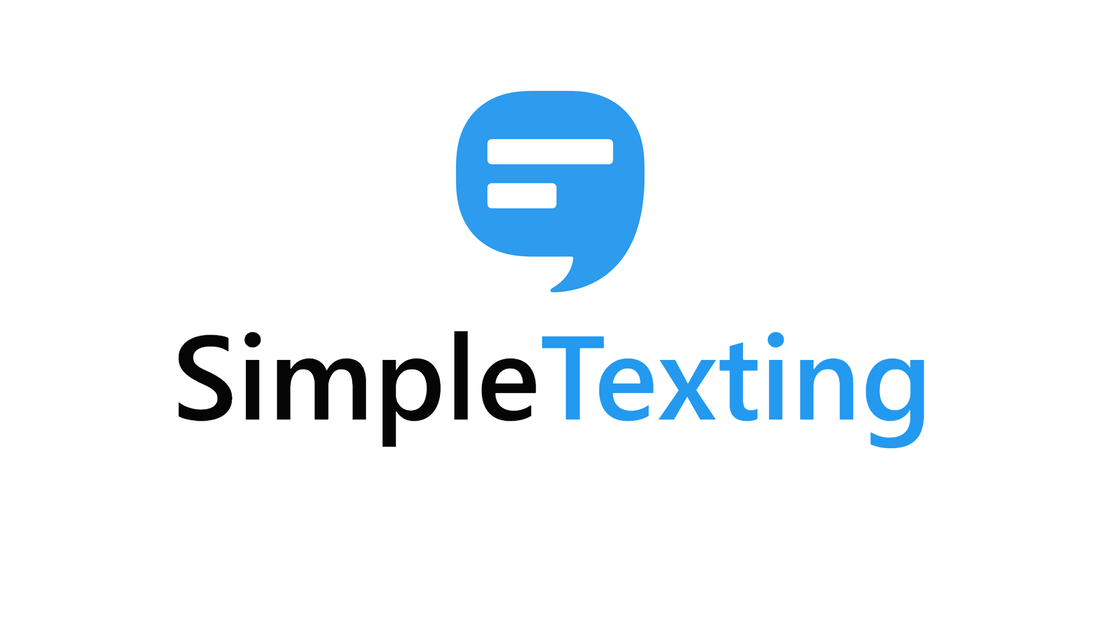Dave Lukas Chats with Orrin Klopper368: Playing the Long Game and Using M&A for Exponential Growth with Orrin Klopper
This week’s Misfit Entrepreneur is Orrin Klopper. Orrin is the CEO of Netsurit, a company he co-founded 24 years ago during the lead-up to Y2K that provides managed IT services. In that time, he has grown the business to over $40 million in revenue through acquisitions and organic growth. He is also very active in the EO and YPO organizations and has a master’s in Entrepreneurship from MIT which is interesting considered he was expelled from 3 schools as a kid. Orrin has built an incredible enterprise and played the long-game in doing so and those are just some of the topics I want to cover with him in this episode. Connect with Orrin Klopper on LinkedIn Show NotesOrrin learned early that if he was really focused and disciplined that over time he would succeed. He went to university and found that it didn’t help him learn to think. He got several majors and one was in information systems. In 1995, he was invited to sell computers and after a year he was hooked. He has been offering IT services ever since. In 1998/99 he realized the growing need for small and mid-sized business to outsource their IT needs and that is when his business was born.
What are some of the key principles you’ve used to succeed and to stay successful for all this time?
What are some of the best mistakes you’ve made?
Why did you lose the employees in the business you bought? What did you do wrong?
What have your figured on how to build a good culture?
Talk to us about how you’ve used acquisitions to scale and grow. What should we know?
What should a seller do to maximize the sale of their business?
How should a seller find the right acquirer?
What is something that you wish you knew sooner as an entrepreneur that would have made a difference for you in your journey?
Best Quote
|
|
Misfits, I want to ask you a question. When you think of your “universal inbox”, what do you think of? And by that I mean, what’s the most reliable and convenient way for someone to get in touch with you? Most people would say, “Here’s my phone number, text or call me,” right?
The reality is, people want to text. That’s why 70.7% of consumers have subscribed to receive texts from at least one business in the past year. It gives them the freedom to reply when it’s convenient for them, it reduces the amount of time playing phone tag, and you can count on the message being seen since people tend to stay on top of it more than their social media or their emails. That’s where SimpleTexting comes in – I am customer and love this solution. Myself and thousands of other businesses use the Simple Texting platform to connect with customers, leads and staff and much more. They’re an all-in-one texting platform that makes it easy, fast and affordable to reach lists of customers, have 2-way conversations and set up automated texts. Which are great for appointment reminders, text-for-info programs, generating reviews, and pretty much anything you can think of. I use it almost daily across my businesses to connect and help customers. Plans start at just $29 per month but as a Misfit listener, you can try SimpleTexting free for 14-days. And if you go to simpletexting.com/misfit you can get $100 worth of free credits when you sign up. Put the power of Simple Texting to work for you in your business with this incredible offer! Misfits,
If you are looking for one of the best tools to help you focus and center yourself daily, the 5 Minute Journal is the best one out there. This short 5-10 minute daily routine will help you in all aspects of your life and success. It is one of the simplest and easiest ways I have found to consistently improve myself and my well-being as well as ensure better results and success. Check it out and get your copy today! Check it out at www.MisfitEntrepreneur.com/Journal |














